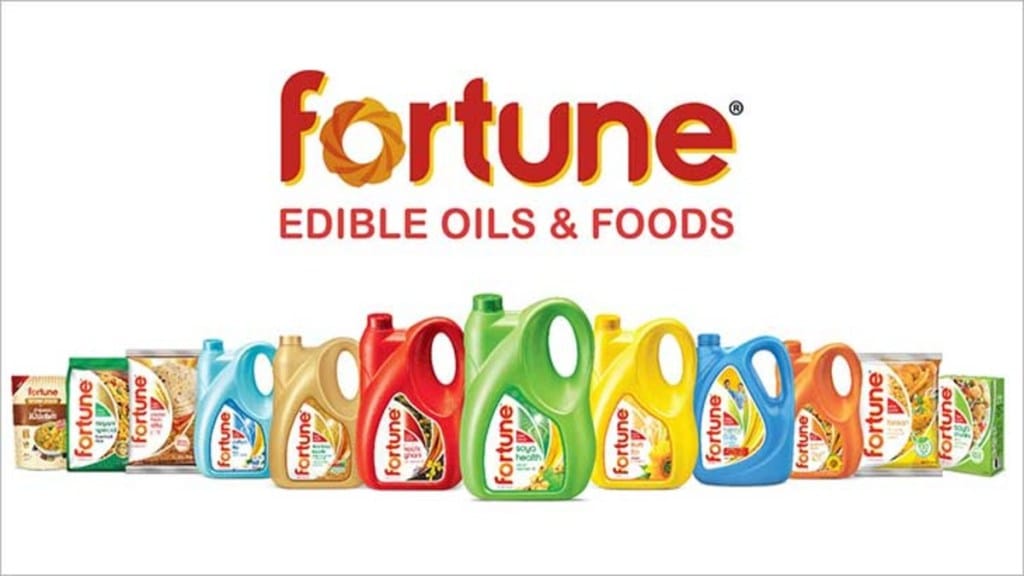The next-gen goods and services tax (GST) reforms have opened up new prospects for food companies such as AWL Agri Business, which is best-known for its Fortune brand of edible oils. The company is evaluating entry into ready-to-eat products such as roti and paratha that have been exempted from GST, MD and CEO Angshu Mallick told FE in an interaction on Thursday.
“The change in the GST rate structure does open up possibilities for us,” Mallick said. “You have a situation where ready-to-eat products such as roti and paratha are exempt from GST, while packaged atta attracts 5% GST. This presents an opportunity for us (in terms of an entry). We are looking at all of this closely,” he said.
The company on Wednesday announced a partnership with Solvent Extractors’ Association of India (SEA) and Solidaridad Regional Expertise Centre (SREC) to advance the regenerative mustard mission – sustainable mustard farm project. Under the partnership with SEA, which will be in force till August 2027, 3,000 model mustard farms will be established in states such as Rajasthan, Madhya Pradesh and Haryana, scaling up from the existing 1,500 farms. AWL Agri is investing `4 crore in the project over two years.
Capitalising on GST Reforms
While AWL Agri’s current portfolio of edible oils and branded commodities remains in the 5% GST bracket, Mallick says that the overall push to expand the basket of branded food and beverage products sitting in the 5% tax bracket will help accelerate the shift from unorganised to organised players. Smaller brands will also look to get into the formal economy, aiding overall growth of the food sector, he said.
“The GST rate rationalisation is not only good from an overall consumption perspective, but larger brands will be able to fight local competition in food better as price points reduce. Formalisation of the economy and the food sector in specific will improve,” he said.
Revenue goals and H2 growth drivers
Mallick also sees the second half of the current financial year being better than the first half driven by festive and wedding season-led consumption.
He also expects volume growth in edible oils to remain in mid-single digits, though the food & FMCG segment will likely see double-digit volume growth due to an uptick in spending in the second half of the year.
This segment, which contributes 10% to the company’s revenue mix, saw weak performance in the first half due to muted consumer demand. Tailwinds coming from lower inflation and a good monsoon season will aid growth in rural areas, while urban areas may revive as consumer sentiment improves in the second half, Mallick said.
While AWL Agri’s food & FMCG business crossed Rs 6,000 crore in FY25, the company is aiming to touch Rs 9,000-10,000 crore by the end of March 2027, led by consistent double-digit growth it hopes to achieve annually over the next two years. Mallick says that the company will continue to look at acquisitions to achieve its objective of portfolio expansion after buying GD Foods, the maker of the Tops brand, in March. Edible oil, contributes around 78% to the company’s top line, while industry essentials, led by oleochemicals, contributes 12% to the turnover of the firm, according to analysts.
